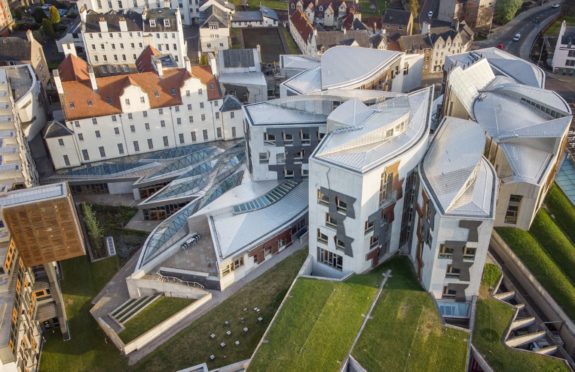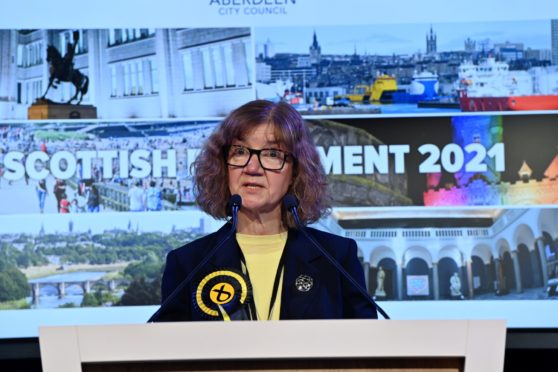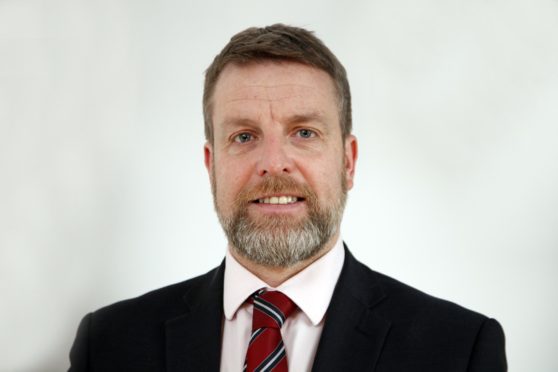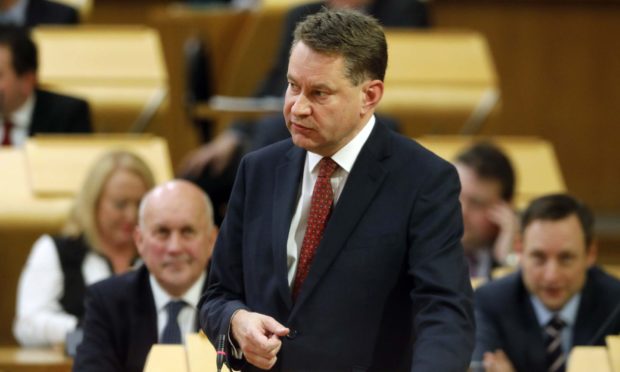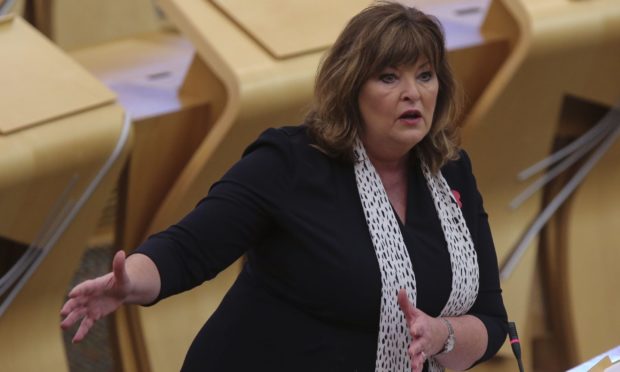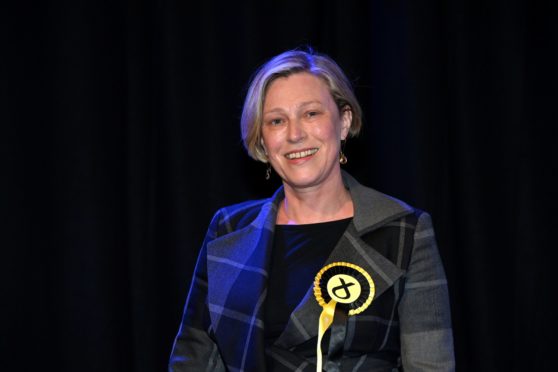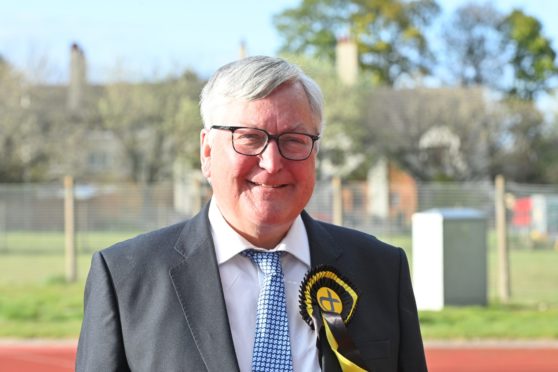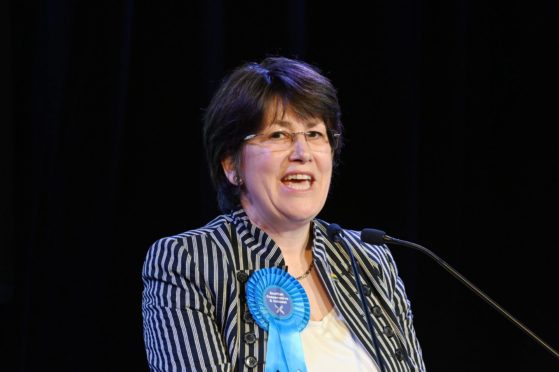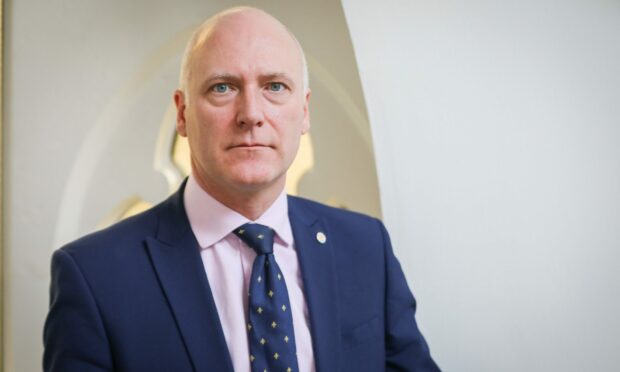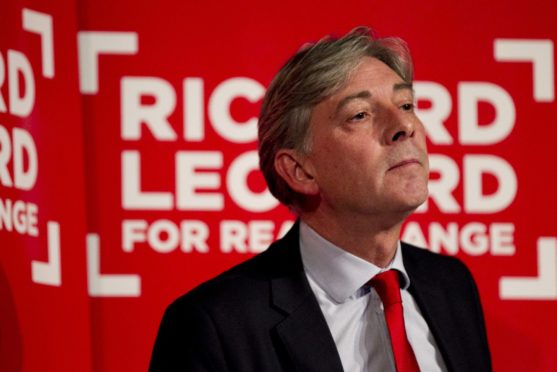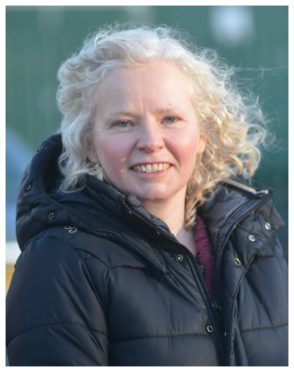The committees for the sixth session of the Scottish Parliament have been formalised — but just how representative of the country are they?
Unlike Westminster, the Scottish Parliament does not have a second chamber.
Instead, MSPs are placed on committees to scrutinise Bills and legislature and examine how various public bodies are operating.
Parliament agreed earlier this month the make-up of the sixteen panels, which reflects the number of MSPs each of Scotland’s five parties had elected in May’s election.
Varying in size, each committee has between five and 10 members, depending on what it scrutinises.
The Scottish Parliament decides which party gets to nominate a convenor for each committee, whose depute will be from another party.
On Wednesday the process was completed, with the final eight convenor positions being chosen.
Who’s where
Criminal Justice
The SNP put forward Audrey Nicoll as convenor, who was elected unanimously.
Scottish Conservative MSP Russell Findlay was elected deputy convenor. Mr Findlay made a declaration of interest, in that in his career as a journalist he had covered crime extensively and his wife is a serving officer with Police Scotland.
With the exception of convenor Audrey Nicoll, all of the other members represent constituencies in or were elected on the West Coast regional list.
The committee is warranted with matters relating to criminal justice, including scrutiny and meeting with the cabinet secretary for justice and the lord advocate.
Finance and Public Administration
The SNP’s Kenneth Gibson was elected convener, with Labour’s Daniel Johnson named deputy convener.
The committee comprises of three SNP members, two Conservative, one Labour and one Green.
Tories Liz Smith and Douglas Lumsden represent constituencies in the North East and Fife, while the other members are from across Scotland.
Standards, Procedures and Public Appointments
Scottish Labour member for South Scotland, Martin Whitfield, was named convener, with SNP Glasgow Maryhill and Springburn MSP Bob Doris elected deputy.
The all-male panel is made up of one Labour, two SNP and two Conservative MSPs.
Rural Affairs, Islands and the Natural Environment
Understandably the make-up of this committee consisted mainly of members from Scotland’ more remote communities — three of the nine members are Islands representatives.
Conservative MSP for Galloway and West Dumfries Finlay Carson was nominated convener, and Lib Dem MSP for Orkney, Liam McArthur as deputy.
Delegated Powers and Law Reform
Stuart McMillan (Greenock and Inverclyde) will be the committee convener, while fellow nationalist Bill Kidd (Glasgow Anniesland) makes it an SNP one-two in another all-male panel.
None of the MSPs represent communities north of the Central Belt.
Constitution, Europe, External Affairs and Culture
The constitution, Europe, external affairs and culture committee wasted no time after sending a “concerned” letter to BBC Scotland regarding a number of issues.
SNP convener Clare Adamson said the committee had growing concern over “the possible transfer of two studios at BBC Scotland Pacific Quay” and invited the Beeb to give take evidence to them “prior to any decision being taken”.
Today the Constitution, Europe, External Affairs and Culture Committee wrote to the Director of BBC Scotland expressing concerns over the possible transfer of two studios at Pacific Quay in Glasgow.
Read more on the website at: https://t.co/Gwgw9Ywhju pic.twitter.com/yHw72L0C22
— Scottish Parliament (@ScotParl) June 23, 2021
Scottish Conservative MSP Donald Cameron for Highlands and Islands is deputy.
Covid Recovery
The Covid-19 Recovery Committee elected the SNP’s Siobhian Brown (Ayr, Prestwick and Troon as convener and Conservative MSP Murdo Fraser (Mid Scotland and Fife) as deputy convener.
The group — three SNP MSPs, two Conservative and one Labour — will focus on cross government coordination of recovery policies, the operation of powers under the Coronavirus (Scotland) Act, the Coronavirus Act and any other legislation in relation to the response to the pandemic.
Net Zero, Energy and Transport
Mid Scotland and Fife Conservative MSP Dean Lockhart is convener, and former economy secretary SNP MSP Fiona Hyslop deputy.
There are three SNP, two Conservative, one Labour and one Green MSP on the committee.
Local MSPs are Liam Kerr (North East Scotland), Jackie Dunbar (Aberdeen Donside) and Mark Ruskell (also Mid Scotland and Fife)
Health, Social Care and Sport
SNP MSP Gillian Martin (Aberdeenshire East) has been elected convener and West of Scotland Labour MSP Paul O’Kane as deputy.
The committee is made up of five SNP MSPs, two Labour, two Conservative and one Green.
An actual doctor sits for the Conservatives on the panel (Dr Sandesh Gulhane, Glasgow) and the committee has seven female representatives from every party other than the Lib Dems (who do not have a place on this session’s committee).
The committee will scrutinise the government’s health and social policies, as well as how it tackles the country’s drugs death crisis.
Local Government, Housing and Planning
Highlands and Islands Green MSP Arianne Burgess is committee convener, and Canadian national, SNP member Carrick, Cumnock a Doon Valley Elena Whitham is deputy.
The committee is composed of three SNP, two Conservative, one Labour and one Green MSPs.
Education, Children and Young People
Central Scotland Scottish Conservative MSP Stephen Kerr will lead the committee as convener, and Kaukab Stewart (SNP Glasgow Kelvin) is deputy.
There are five SNP (including Inverness and Nairn MSP Fergus Ewing), two Conservative, one Labour (Dundee-based Michael Marra), one Lib Dem (Shetland MSP Beatrice Wishart) and one Green
Citizen Participation and Public Petitions
Former Scottish Conservative leader Jackson Carlaw has been elected convener, and Kirkcaldy SNP MSP David Torrance deputy.
North East Conservative MSP Tess White is the only woman on the committee, which consists of two Conservative, two SNP and one Labour members.
Equalities, Human Rights and Civil Justice
A Dundee one-two (sort of) sees City West SNP MSP Joe FitzPatrick named convener and Green MSP (North East) Maggie Chapman as deputy.
Karen Adam (SNP Banff and Buchan Coast) and Alexander Stewart (Scottish Conservative, Mid Scotland and Fife) make it a north of Central Belt-heavy committee, the remaining three members representing West Coast communities.
Public Audit
Former Labour leader Richard Leonard will convene the group, with South Scotland Scottish Conservative MSP Sharon Dowey elected deputy, and the sole female in the group.
There are two Conservative, two SNP and one Labour members, all from Central Scotland or regions further south.
The previous session’s committee was responsible for placing institutions like NHS Tayside into special measures as a result of financial issues.
Economy and Fair Work
Mid Scotland and Fife MSP Claire Baker is convener, with SNP member Colin Beattie deputy.
Michelle Thomson (SNP), Lorna Slater (Green) and Fiona Hyslop (SNP) make up four of the nine committee members, in a rare, evenly split-among-the-sexes panel.
Conservatives Alexander Burnett and Jamie Halcro Johnston are the other two north-of-central-belt representatives on the committee.
Social Justice and Social Security
Airdrie and Shotts SNP MSP Neil Grey is convener and SNP for Renfrewshire Natalie Don make a nationalist one-two.
Four men and four women comprise the panel, with the SNP having four MSPs, the Conservatives two, and Labour two.
Who watches the Watchers?
Six women conveners out of sixteen panels and two whole committees with all-male membership.
We may have a female First Minister and more women MSPs than ever before, but there is still a familiarity in the majority of the committee conveners and members.
Politics should not be a boys club — but it is often seen as one. Going by the profile pictures of our committee chairs, it is easy to see why.
A good deal of the MSPs represent communities outside of the Central Belt, which will hopefully reflect the scrutiny and ultimately the decisions wrought by each committee.
Indeed, during Tuesday’s first meeting of the rural affairs committee, the Island members made no apology in wanting to be most vocal on concerns affecting the country’s remote communities.
The Conservatives will be pleased with stewardship of the education committee — an opportunity to delve into the ongoing issues with learning and how we teach the country’s young people a continuing hot topic.
It gives the party a chance to scrutinise important domestic policy without the need to call on constitutional fall-backs — if they so choose to do. The future of education should be elevated above old arguments and our young people deserve no-less.
Having convenorship over a number of committees to scrutinise their own government ministers — including health — the SNP chairs should not use their positions to pat their colleagues on the back.
For committees to work in full, an objective stance has to be taken, a critical eye applied to all involved regardless of what flag they want to see flying from Bute House.
None other than Nicola Sturgeon said her government in the last session had “taken its eye off the ball” over drugs deaths. Last week heralded near-universal consensus on steps in the right direction Parliament must take to stop more people dying.
Getting wound up on what Westminster will not let us do is no excuse for not getting Holyrood to do what it should.
Committees regularly provide the most interesting news lines, from a journalist’s perspective, but are much more important.
This session, the sixth since 1999, could stand to benefit from less grandstanding from all parties — each committee meeting a chance to really make a difference, not just spew out the same tired party lines.
